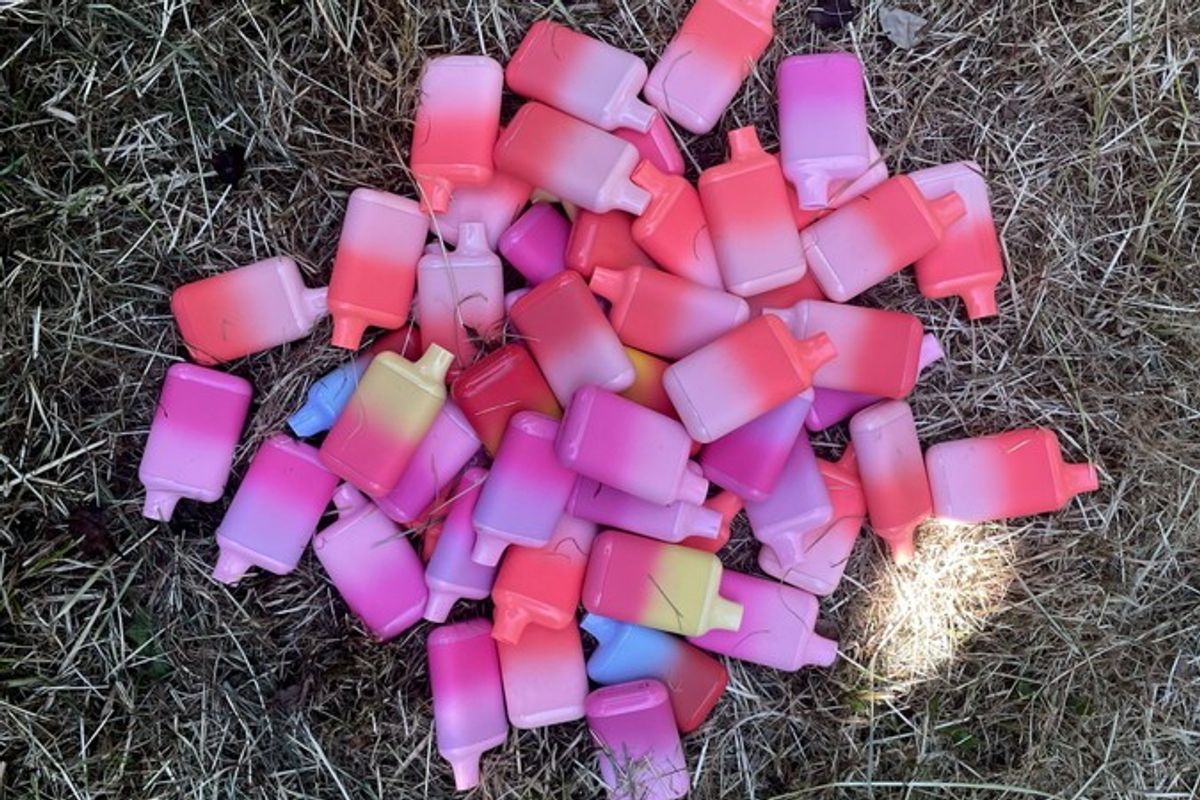The UK Vaping Industry Association (UKVIA) has announced that it is launching a new web-based information hub, as well as a special Sustainable Vaping Week campaign during October, designed to get vapers, the vaping industry and those outlets that sell vapes to act now for the benefit of the environment.
Whilst the sector is making progress in limiting its impact on the environment, including the development of more recyclable product innovations and the introduction of collection schemes, a recent report by Material Focus highlights that some 5 million single use vapes are thrown away each week.
The new resource hub and week-long campaign will provide vapers with information on the dos’ and don’ts of recycling single use vapes, as well as access to locations where they can dispose of their devices in an environmentally considerate way.
Retailers and other outlets, such as pubs and clubs, will also be able to download educational resources to educate their customers about recycling single use vapes across the week and throughout the year.
There will also be guidance provided for those responsible for producing, importing, distributing and selling vape devices to ensure they are operating legally at all times when it comes to meeting environmental regulations and are working closely and effectively with reputable waste management companies.
“There have been calls for the banning of single use vapes in part due to their environmental impact. However, a ban is not the answer – firstly disposable vapes are proven to be hugely effective in getting smokers to switch from their habits to considerably less harmful vapes, due to their ease of use, convenience and low entry price points. They are the main reason why smoking is currently at record low levels across the UK. In addition, through the collective efforts of a range of stakeholders we can reverse the current impact on the environment arising from vapers throwing them away,” John Dunne, director general of the UKVIA said.
“The initiatives we are announcing will play a key role in this process by educating vapers about how they can play a critical role in being environmentally considerate when disposing of their vapes. They will also give much needed guidance to the vaping industry and other sectors, such as hospitality and general retail, about what they need to be doing to support the collection of vape waste, thereby enabling significantly higher recycling rates than we are currently seeing for these devices.”
The Sustainable Vaping Week will take place in the week commencing on 16 October to follow International E-Waste Day on 14 October. The resource hub will become a permanent source of information on vaping and the environment.
The UKVIA will be providing a range of content for all of its members and the wider industry to promote and share via their offline and online retail stores, as well as through their communications channels to educate vapers about how they can make a positive difference to the environment as a result of changing their throwaway behaviours.


